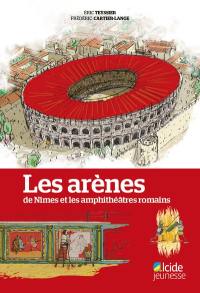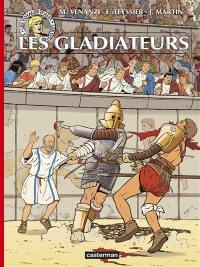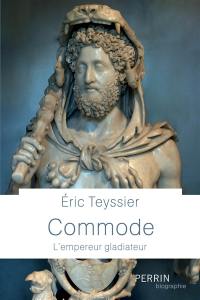
Fiche technique
Format : Broché
Nb de pages : 79 pages
Poids : 324 g
Dimensions : 17cm X 25cm
ISBN : 978-2-37591-102-0
EAN : 9782375911020
The pont du Gard
and Roman aqueducts
Quatrième de couverture
The Pont du Gard
and Roman aqueducts
Aqueducts may well be the most significant works of Roman civilisation. Every city wanted to have abundant water for its fountains, and for the baths that the Romans particularly appreciated. Rome had up to eleven aqueducts ! The Nîmes aqueduct, built in the first century AD, is about 50 kilometres long with a slope of 12 metres... amounting to just 25 centimeters per kilometre. The ingenuity and skill of Roman surveyors and architects did not end there. To cross the gorges of the River Gardon, they had to build the Pont du Gard. How did they achieve this ? How many labourers worked on this construction site ? How has this work managed to survive for centuries ? When did it acquire its name ?















